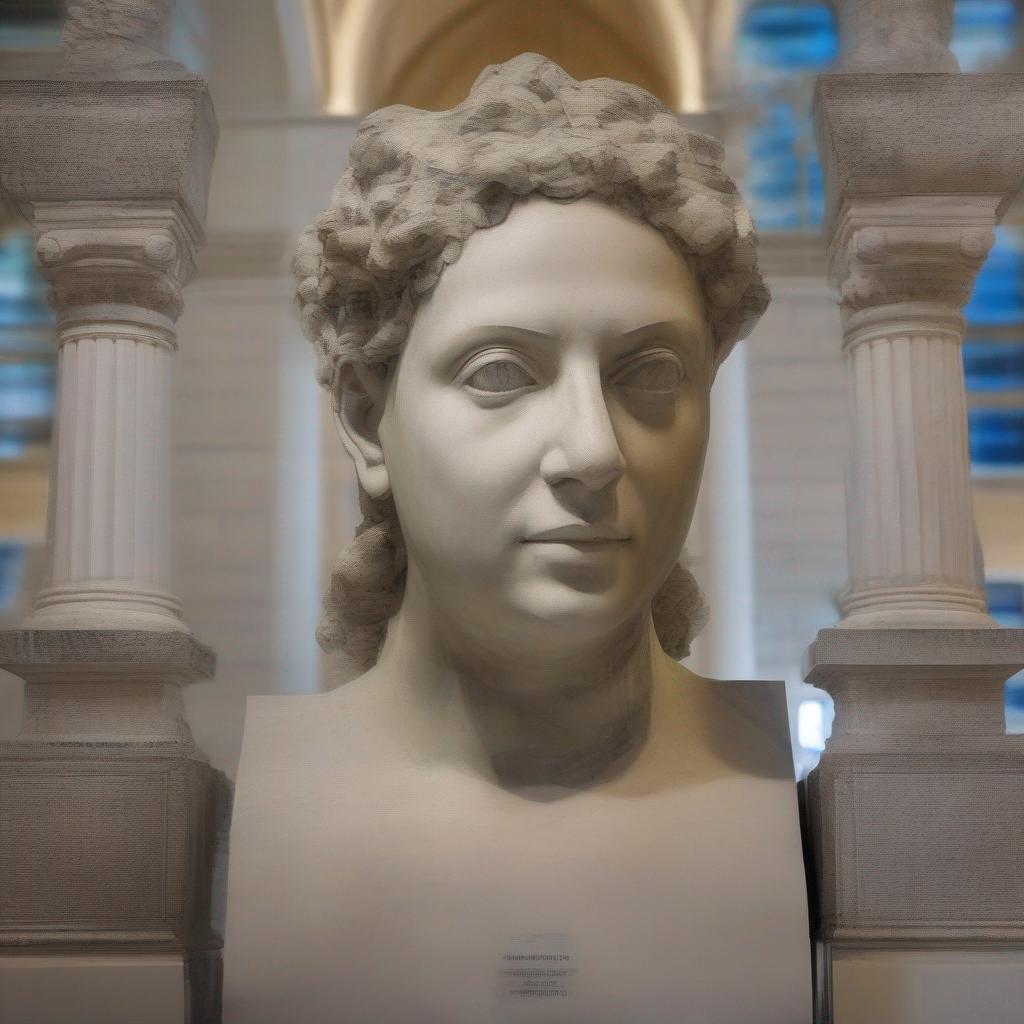The High Court has recently ruled against a motion to dismiss an intellectual property (IP) infringement claim filed by Getty Images against a generative artificial intelligence (AI) company. The case highlights a growing legal battle surrounding the use of AI-generated content.
Getty Images, a well-known stock photo agency, filed the lawsuit alleging that the defendant, a company specializing in generative AI technology, had created and distributed AI-generated images that infringed upon Getty Images’ copyrights. The AI system developed by the defendant had the ability to produce realistic and original images by analyzing existing photographs.
The defendant argued that their AI system was not capable of committing infringement since it was merely an algorithm processing data, and that the responsibility for any infringement should lie with the users who trained the system. However, the High Court disagreed and rejected the motion to dismiss, allowing the IP infringement claim to proceed.
This ruling has significant implications for the emerging field of generative AI technology and its potential impact on intellectual property rights. It raises questions about the accountability and liability of AI systems for any copyright infringements they may commit.
The case also highlights the challenges that arise when traditional copyright laws intersect with rapidly advancing AI technologies. As AI systems become more sophisticated and capable of generating content that closely resembles original works, it becomes increasingly difficult to draw clear lines between what constitutes infringement and what falls within the realm of fair use or transformative creativity.
The outcome of this case could set a precedent for future legal disputes involving AI-generated content and shape the legal framework surrounding the use of AI technology in creative industries. It emphasizes the need for comprehensive legislation and clear guidelines to address the legal and ethical implications of AI-generated content, ensuring that the rights of creators and copyright holders are protected in an increasingly AI-driven world.




